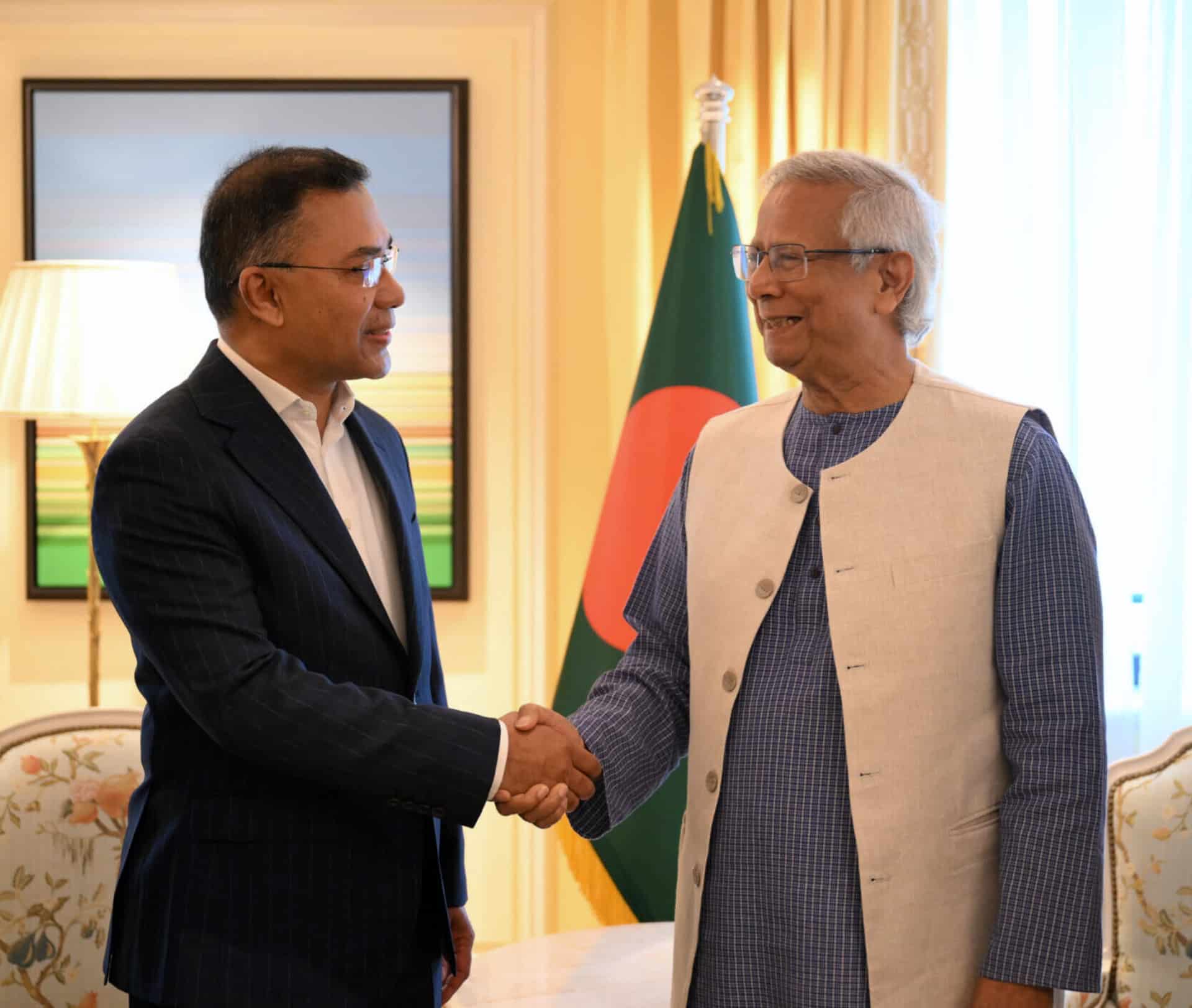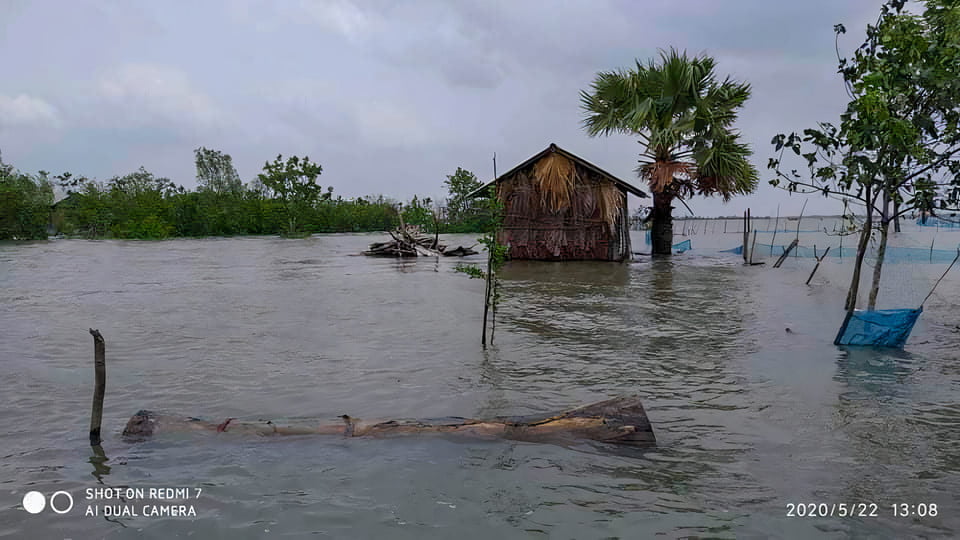I was supposed to chase a government job in Bangladesh. Instead, I chose to fight for justice

After my final law exam at the University of Chittagong, I walked out with my classmates feeling both relieved and anxious. The sleepless nights were over, but the real challenge was just beginning. In Bangladesh, graduation isn’t the end of the struggle, it’s the start of an even harder one: finding a job.
For many of us, the word “career” immediately brings one image to mind—the Bangladesh Civil Service (BCS). It’s seen as the pinnacle of success, a passport to prestige and stability. Parents talk about it over dinner tables, and relatives compare children’s progress based on it. Every year, nearly one million graduates apply for roughly 3,000 BCS vacancies. The odds are daunting.
This obsession drains the motivation of countless young professionals. As a law graduate, I’ve seen bright peers, deeply interested in justice, abandon their legal aspirations to spend years memorising facts about Mughal emperors or the French Revolution for the BCS exam.
This system not only limits individual potential but also deprives the country of capable professionals in crucial fields. Deep down, a question lingers: Why are so many talented young minds chasing the same narrow path?
A ray of hope
Amidst this confusion, I stumbled upon an organisation that offered something different, NILS Bangladesh (Network for International Law Students). What began as a small student-led initiative in 2017 has now become one of the most influential legal education platforms in the country, with 26 chapters across major universities.
NILS Bangladesh is far more than a student club, it’s a movement. It offers mentorship, training and exposure to both national and international legal practices, helping young lawyers envision a future where they can thrive outside the confines of the BCS system.
I was immediately drawn to its mission of empowering law students with the tools our universities often don’t provide: practical skills, global perspectives and a sense of social responsibility. In a country heavy on theoretical lectures, NILS bridges the critical gap between classroom knowledge and real-world application.
From theory to impact
My journey with NILS began with a simple workshop, but it fundamentally changed my understanding of what a legal career could be.
My first NILS workshop on legal research and advocacy was a revelation. The facilitators moved beyond abstract theory, demonstrating how to structure arguments, draft petitions and analyse cases with precision. I began to see how my academic knowledge could translate into tangible skills.
This practical approach was woven into everything NILS did. Through moot court competitions like the NILS Mooting School and policy simulations like the National Model Legislative Assembly (NMLA), we were pushed to engage critically with law in action.
We learned to draft policies, debate bills and present oral arguments. These experiences cultivated leadership, collaboration and public speaking—the essential skills that transform a student into a competent lawyer.
The organisation’s Career Adda sessions further clarified our path, connecting us with young advocates who had built successful careers.
I remember a speaker at the Supreme Court saying, “The court is not just a place of arguments, it’s where justice breathes. If we all run away to BCS, who will keep that breath alive?”
That question struck me, transforming my view of the courtroom from an intimidating place to a space of purpose.
Moreover, What truly sets NILS apart is its commitment to the idea that law is a powerful instrument for social change, not just a profession confined to courtrooms. Through its Legal Awareness Program (LAP), members visit schools and rural communities to educate people on their rights regarding issues like child marriage, cybercrime and gender-based violence.
One such initiative at a girls’ high school in Chittagong gained international recognition when Mrs. Cherie Blair, former First Lady of the United Kingdom, praised the chapter’s contribution to girls’ empowerment. This showed me that the law’s greatest impact often lies in empowering those who need it most.
Furthermore, NILS prepared us for a globalised world. Through its affiliation with NILS International, we gained access to summer schools, international conferences and a network of law students in 28 countries.
Attending a virtual seminar on International Conflict and Human Rights, I realised how interconnected our profession has become. NILS was preparing us to be part of a global conversation on justice, giving our future careers a scope that reached far beyond Bangladesh.
A new dream for the law
Looking back, I realise how much my own perspective has changed. Before NILS, my plan was simple: prepare for BCS, secure a stable job, make my family proud.
But after months of engaging in moots, research projects and advocacy workshops, I began to understand something deeper—stability is valuable, but fulfillment is priceless.
I met mentors who had built thriving careers as advocates, researchers and human rights defenders without ever taking the civil service route. They were passionate, self-reliant and proud of their contribution to justice.
Inspired, I decided to pursue a career in human rights advocacy, a path centered on purpose rather than a conventional job track. I even started my own small initiative, offering free legal drafting help to low-income clients in my district. It’s a small start, but it feels meaningful.
As I prepare to begin my career, I often think about what success means. For many, it’s still a government badge. For me, and for thousands of students NILS has inspired, success now means using the law as a tool for change.
NILS Bangladesh has shown us that the legal profession is not a fallback option, but a noble pursuit in its own right.
In a country where one million graduates chase 3,000 seats, perhaps the real victory lies not in securing a government desk—but in standing up in court, representing justice and making the law live again.
- Nasrin Sultana is the founding President of NILS Bangladesh





